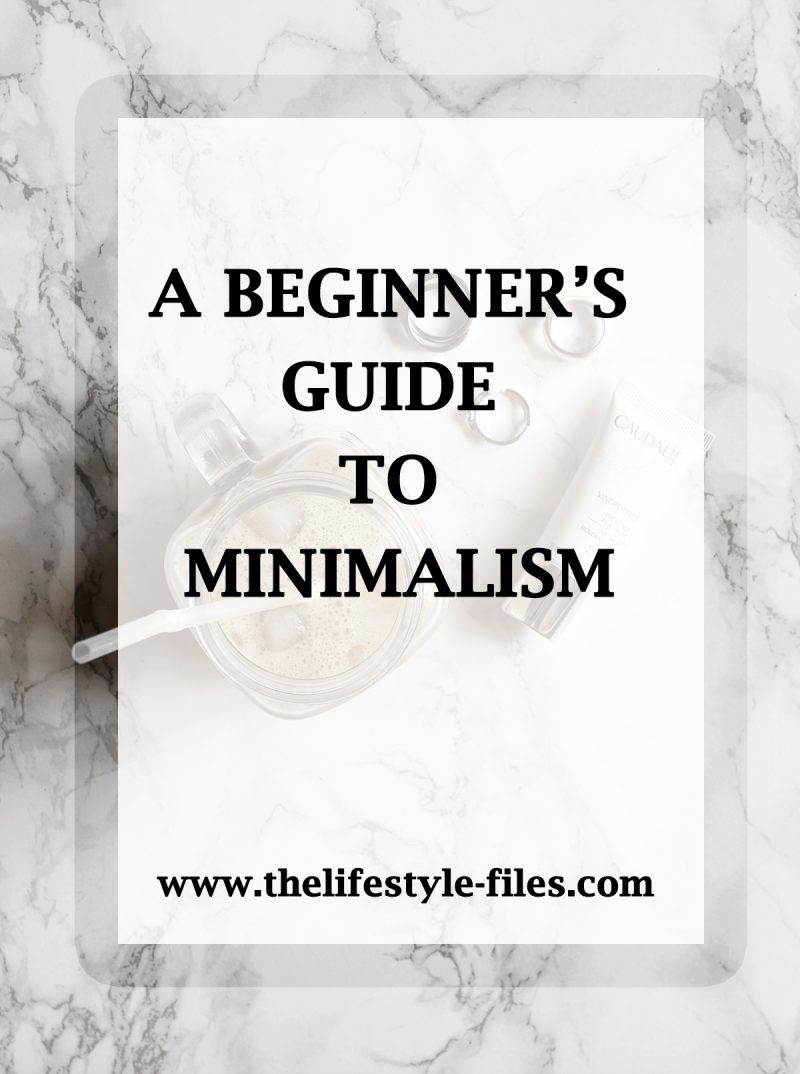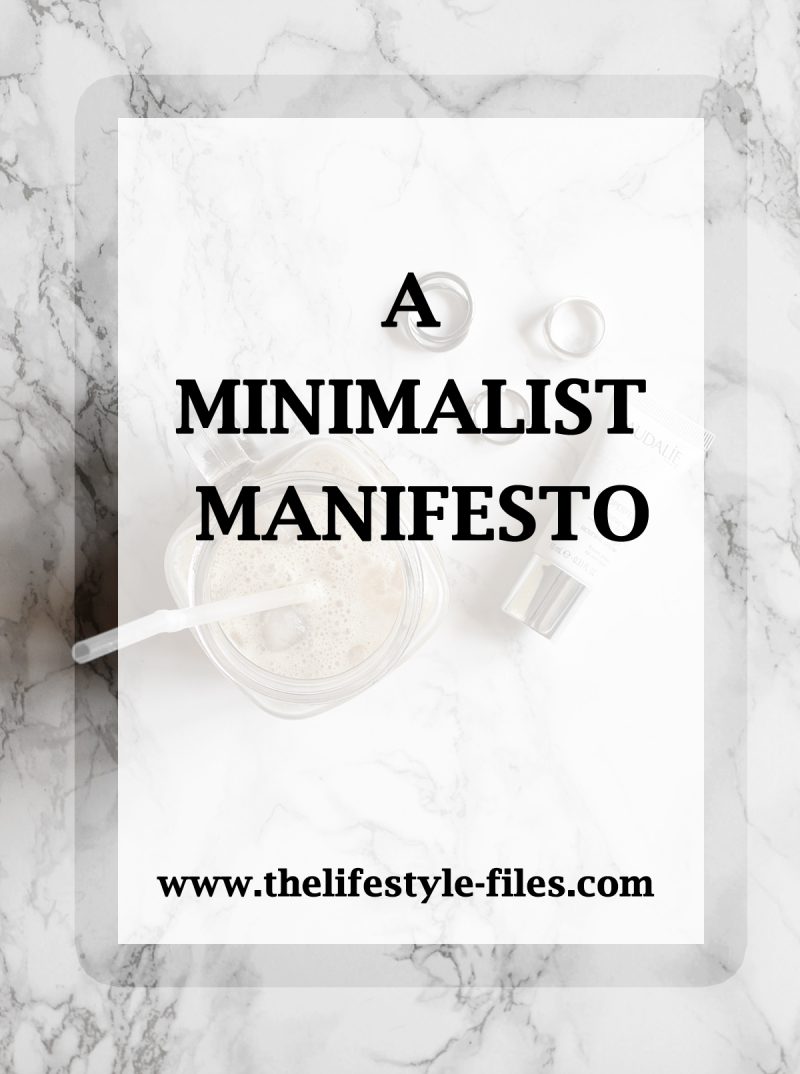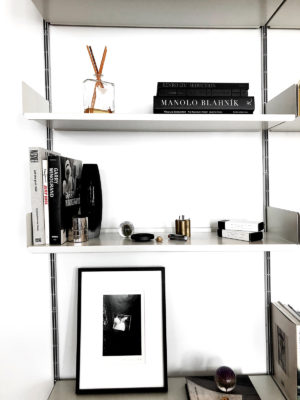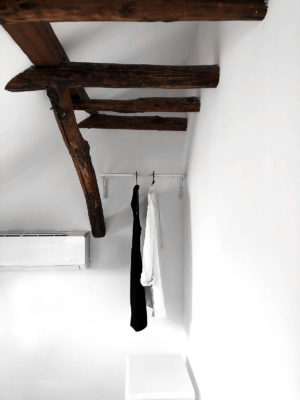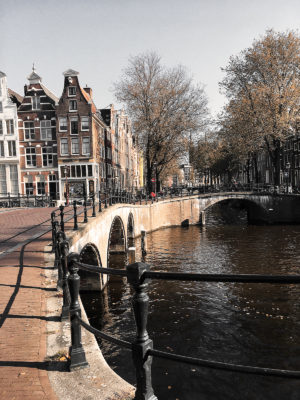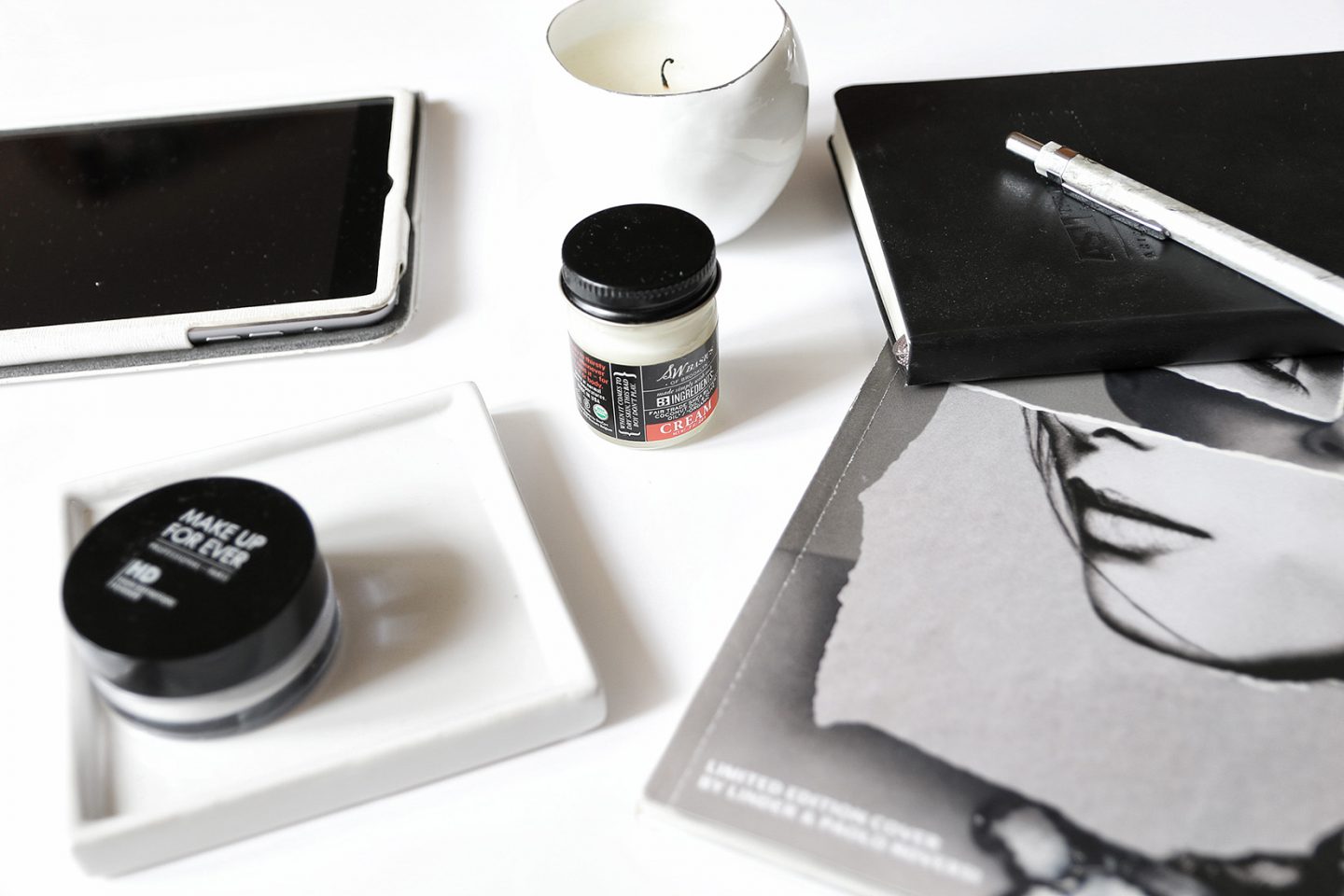 It seems minimalism has become one of the buzzwords of the decade. We find it everywhere: in interior design, art, fashion, lifestyle, philosophy, blogs, movies, book titles, articles, podcasts, Instagram pictures. As with all phenomena that gain momentum, the scorning voices appear sooner or later that discard minimalism as just another hipster trend without any meaning or staying power. I beg to differ.
It seems minimalism has become one of the buzzwords of the decade. We find it everywhere: in interior design, art, fashion, lifestyle, philosophy, blogs, movies, book titles, articles, podcasts, Instagram pictures. As with all phenomena that gain momentum, the scorning voices appear sooner or later that discard minimalism as just another hipster trend without any meaning or staying power. I beg to differ.
First of all, minimalism, or at least some important tenets of it, is not new. Cherishing simpler living and focusing on the inner self can be traced back to the beginning of human culture, both East and West. From Greek and Buddhist philosophers through the great renaissance man Leonardo da Vinci, to the Transcendentalists, Gandhi, and the hippies of the 60s, minimalist principles have been embraced and cherished by people all over the world for a long time. Our current age of fast-paced living just reignited these traditions, not created them.
Second, I believe trends should not be brushed aside so easily. They are important because they tell us something of the Zeitgeist, reflect on our times and the society we live in. If more and more people identify with some aspects of minimalism, there must be a reason for that and that reason now can probably be found in the overcrowded and oversaturated lives we are living.
And third, while the term minimalism is indeed quite popular and current, I believe it is such a wide-ranging and flexible concept that it cannot be completely uniformed. Minimalism is about finding out what is essential to us, and eliminating everything else that distracts us from it. But the similarities between individual minimalist lifestyles stop here, as it concerns individual values, individual priorities and personal decisions. For some people, my lifestyle could easily not fit into their view of minimalism. For others, it would. It’s personal and subjective. If you are interested in minimalism, I encourage you to do your research, get inspiration, but find and embrace your own way.
So what is my own personal minimalist manifesto?
Let me start out with my personal opinion on what minimalism is not.
It’s not simply a challenge. The Internet is abundant with a myriad so-called minimalist challenges: How to become a minimalist in 30 days. How to get rid of 500 things in a month. How to have the 4-5 piece wardrobe. You name it, it exists. Don’t get me wrong. I think these challenges do have a purpose and can be extremely helpful guidelines or inspirations for someone at the beginning of their minimalist journey. But they are not an end by themselves. What happens after 30 days? If you don’t embrace the underlying meaning, if you don’t understand why you are throwing away things or what you can gain by doing that, then it kinda misses the point. Sure, you might have less clutter in your life, but finishing one challenge doesn’t guarantee it remains that way.
It’s not a numbers game. It doesn’t matter if you have 50 things in your life or 500. I, for one, have no idea how many items I own, nor do I have the time and inclination to add them up. I don’t think there’s a threshold or a numerical requirement you must fulfill in order to consider yourself a minimalist. It’s subjective. It’s only up to you what you find valuable in your life, it’s nobody else’s business. But you DO have to know what true value means to you.
It’s not a strictly governed lifestyle with rules and regulations. There are no checklists or one right way to do it. The beauty of minimalism for me is largely its flexibility. It gives you a direction, but it’s up to you to find the concrete path and steps that lead there.
It’s not about NOT owning things or NOT finding pleasure in material objects. To be honest, I think some people focus too much on physical things in relation to minimalism. The same with money. One argument I frequently hear is that the less we buy, the more money we have. That’s true and great if that money would be spent on junk or spent just for the sake of “retail therapy”. But for me, more money in itself is not an end either. Let’s not fetishize money, it is only a means, a necessary thing in our life that serves us and not the other way around. Just spend it in a way it makes sense to you. I think mindless and excessive consumerism is really one of the gravest dangers in our society. It throws people off balance. It equates buying with happiness. It always promises, but never delivers. Advertisements distort our self-images and value systems. Still, it doesn’t mean we cannot find joy in material things. I like owning things I love using, seeing, wearing, holding. But a great deal of thinking goes into the purchase of those things. I do my research, consider my options, buy things I really love. I cannot completely elude this kind of materialistic happiness, but I don’t even want to. Do I fall of the wagon sometimes or own things others would find useless? Yes (hello, skincare products). But it’s OK. I do what makes me happy and I don’t regret my decisions.
So what is minimalism for me?
It’s a lifestyle, but it’s very subjective and personal. To start off with a cliché, we are all very different. Different in our dreams, tastes, personalities, and priorities. That is why I said that there are no strict guidelines or rules to minimalism. The only goal is to find it what is important to you and minimizing or eliminating every distraction. To focus on the essential, to find what makes you happy, what matters and what doesn’t, both in your home and life. For me, its family, friends, and collecting as many memories and experiences as I can. From travels, fun programs, and challenges. By trying out new things, saying yes more often, researching, planning, and organizing. With the help of books, art, and nature. We are all in some ways limited in our opportunities; we can only live one life. But there are ways to maximize that one life you were given.
It’s about focus. Making decisions about how you live your life, what makes you happy, how you spend your time and money. Letting go of the in-betweens, the mediocrity, the things that do not add anything to your life and well-being. Always striving for the best, whether it’s in our careers, surroundings, homes, spare times, and possessions.
It’s a journey and it’s an internal one. With the risk of sounding too much like a spiritual leader, minimalism requires you to be very much in sync with your inner self. Finding it what really makes you happy, or what the essentials are for that happiness is more difficult than it sounds. I think that’s the reason most people start out with their physical surroundings. Decluttering is easier in a way, because you deal with tangible objects. And it’s a good starting point, if you feel that there is too much going on in your life. Try to harmonize your home, surroundings, and possessions. I firmly believe that if those are in order, it will also reflect back on and influence other aspects of our lives. Do it in a way that you are aware of why you would like to throw away things and why you would like to keep others. Then try to apply this kind of new point of view or focus to other aspects. One thing that is critical? Brutal honesty. Don’t try to live your life in a way you think you should or how others do.
It’s an aesthetic as well. I would make a distinction between minimalism as a lifestyle and minimalist aesthetics. They do not need to be dependent on each other. You can be a minimalist and live in colorful clothes or home, or you can love white, empty spaces, and minimalist interiors without subscribing to the lifestyle part. For me, they go hand in hand. I have been drawn to minimalist aesthetics before I even knew such a thing existed. I never went for the colorful, quirky things, but was always attracted to basic colors, monochrome shades, clean cuts, clever design. I like simple things with interesting twists in form, structure, texture, and materials. While some people might find this kind of aesthetics boring or too sterile, I find it calming and inspiring.
What is your own manifesto?

